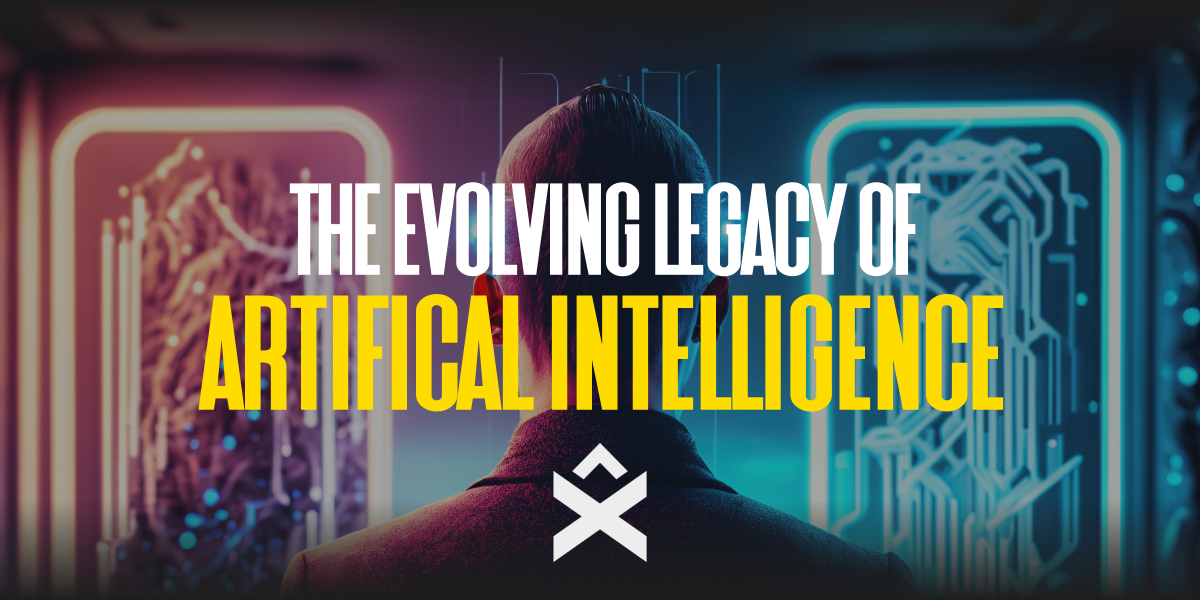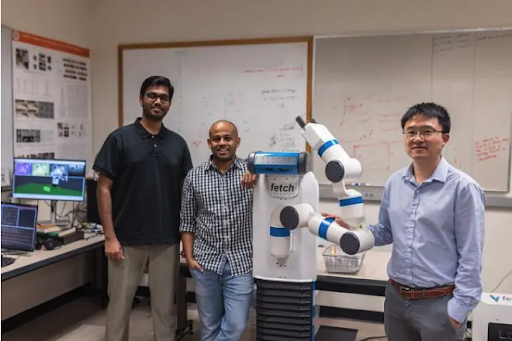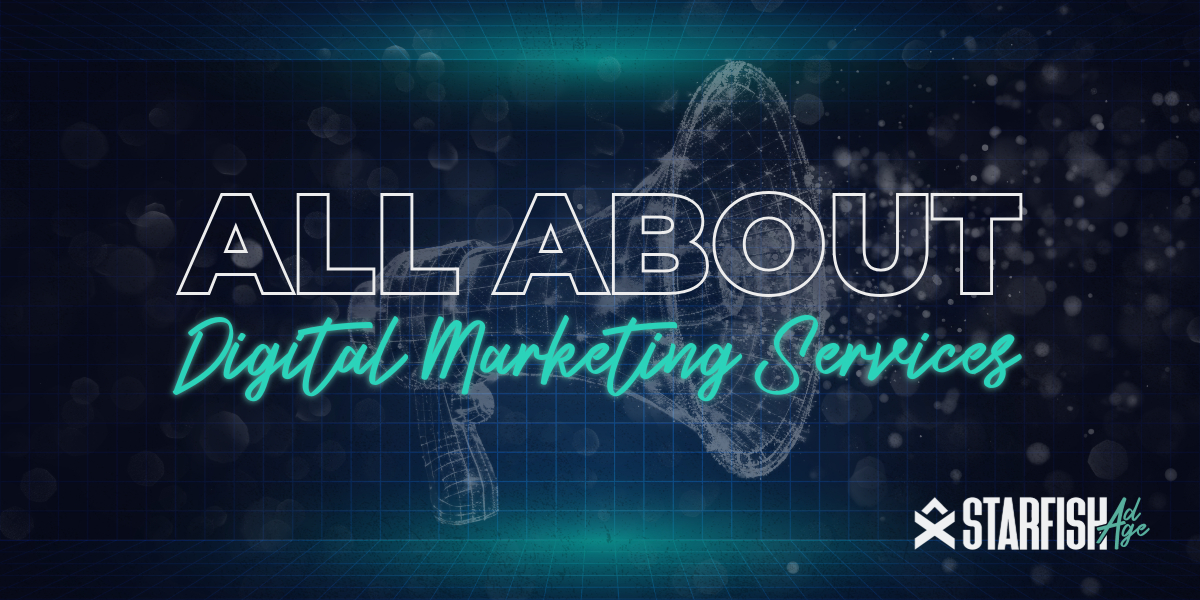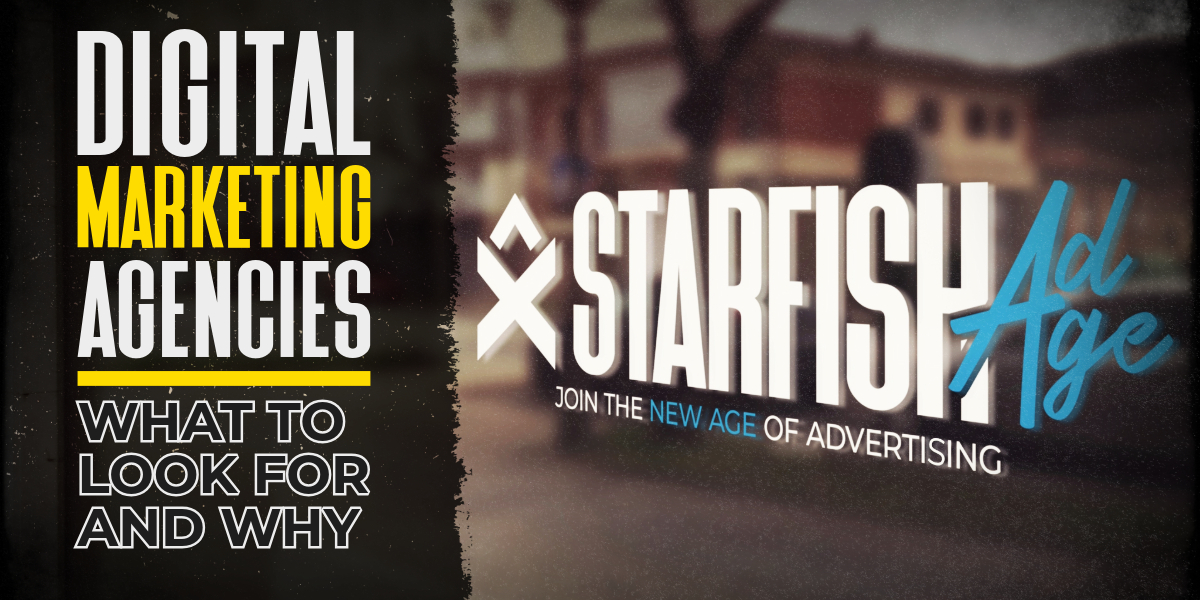
14 Digital Marketing Solutions to Grow Your Business
14 Essential Digital Marketing Solutions to Boost Your Business Growth


Artificial Intelligence (AI) refers to the simulation of human intelligence in machines, enabling them to perform tasks that typically require human intellect. These tasks include problem-solving, understanding natural language, recognizing patterns, and making decisions.
The concept of AI dates back to ancient history, with myths of robots and artificial beings prevalent in Greek, Chinese, and Egyptian civilizations. However, AI as a formal academic discipline began in the mid-20th century.
In 1950, British mathematician and computer scientist Alan Turing introduced the “Turing Test” as a measure of a machine’s ability to exhibit intelligent behavior indistinguishable from that of a human. This test laid the groundwork for the pursuit of machine intelligence.
The term “Artificial Intelligence” was officially coined in 1956 by John McCarthy for the Dartmouth Conference, the first organized meeting to discuss AI. The attendees, including Marvin Minsky, Nathaniel Rochester, and Claude Shannon, became the leaders of AI research for decades.
The subsequent years saw a roller-coaster of progress and setbacks. The 1960s and 1970s witnessed the development of the first AI programming languages and the establishment of AI labs in universities. However, by the 1980s and 1990s, AI entered “winter” periods due to inflated expectations and reduced funding.
The resurgence of AI began in the 21st century, fueled by the availability of big data, powerful computational infrastructure, and advancements in algorithms, especially in areas like deep learning. Today, AI applications, from virtual assistants to autonomous vehicles, are becoming an integral part of our daily lives.
Artificial Intelligence (AI) has transitioned from being a subject of science fiction to a tangible force driving change in various sectors. Its journey, marked by innovations and challenges, offers a fascinating narrative. This article aims to provide a comprehensive overview of AI’s evolution, its present-day achievements, and the groundbreaking developments shaping its future.
Over the years, machine learning has emerged as a powerful tool, enabling industries ranging from finance to healthcare to extract actionable insights from vast data pools. This has revolutionized decision-making processes and predictive analytics.
The rise of chatbots, virtual assistants, and sophisticated translation tools can be attributed to advancements in NLP. This domain of AI has made human-machine interactions more seamless and intuitive.
The world is witnessing a surge in technologies like facial recognition, augmented reality, and autonomous vehicles, all underpinned by the advancements in computer vision. This facet of AI allows machines to interpret visual data, bridging the gap between human and machine perception.

Julia Berezutskaya’s groundbreaking research, in collaboration with teams from Radboud University and UMC Utrecht, has opened new avenues in Brain-Computer Interfaces. Their innovative approach, which involves mapping brain activity to speech and leveraging AI models, has made it possible to convert thoughts directly into comprehensible, audible speech. This could revolutionize communication, especially for those with speech impairments.

The Intelligent Robotics and Vision Lab at The University of Texas at Dallas is pioneering a novel approach to robotic object recognition. Instead of a singular interaction, robots are trained through multiple engagements with objects. This iterative learning process enhances their recognition capabilities, paving the way for more sophisticated robotic applications in the future.
Google’s recent initiatives underscore the expanding role of AI in media and advertising. With the introduction of clear disclosure mandates for AI-altered political advertising, Google is championing transparency. Additionally, their foray into automated journalism with the Genesis tool promises to redefine content generation, offering a blend of automation and authenticity.
As AI systems often mirror human biases present in their training data, there’s a growing emphasis on creating algorithms that are fair and unbiased.
The increasing capability of AI to analyze user behavior has brought data privacy concerns to the forefront. Ensuring responsible data handling is paramount.
The escalating complexity of AI models necessitates innovations in computational infrastructure. Additionally, as AI systems play a more significant role in decision-making, the demand for transparency and explainability grows.
The narrative of AI, from its historical roots to its present-day innovations, is a testament to human ingenuity. As we stand at the crossroads of even more significant advancements, it’s crucial to approach AI with a balance of enthusiasm and ethical consideration, ensuring that its transformative potential is realized responsibly.

14 Essential Digital Marketing Solutions to Boost Your Business Growth

Learn about SEO, PPC, social media marketing, content marketing, and more to drive traffic and conversions. Read now!

Learn how to select the best digital marketing agency for your small business, the benefits of hiring an agency, and tips for maximizing your online presence.

Learn how to leverage TikTok advertising, ad formats, targeting options, and best practices to increase brand awareness, and drive sales.

Learn about Connected TV (CTV) ads, their benefits, and how they work. Understand programmatic CTV advertising for effective digital marketing campaigns.
All Rights Reserved | Starfish Ad Age LLC | 2023 | Privacy Policy